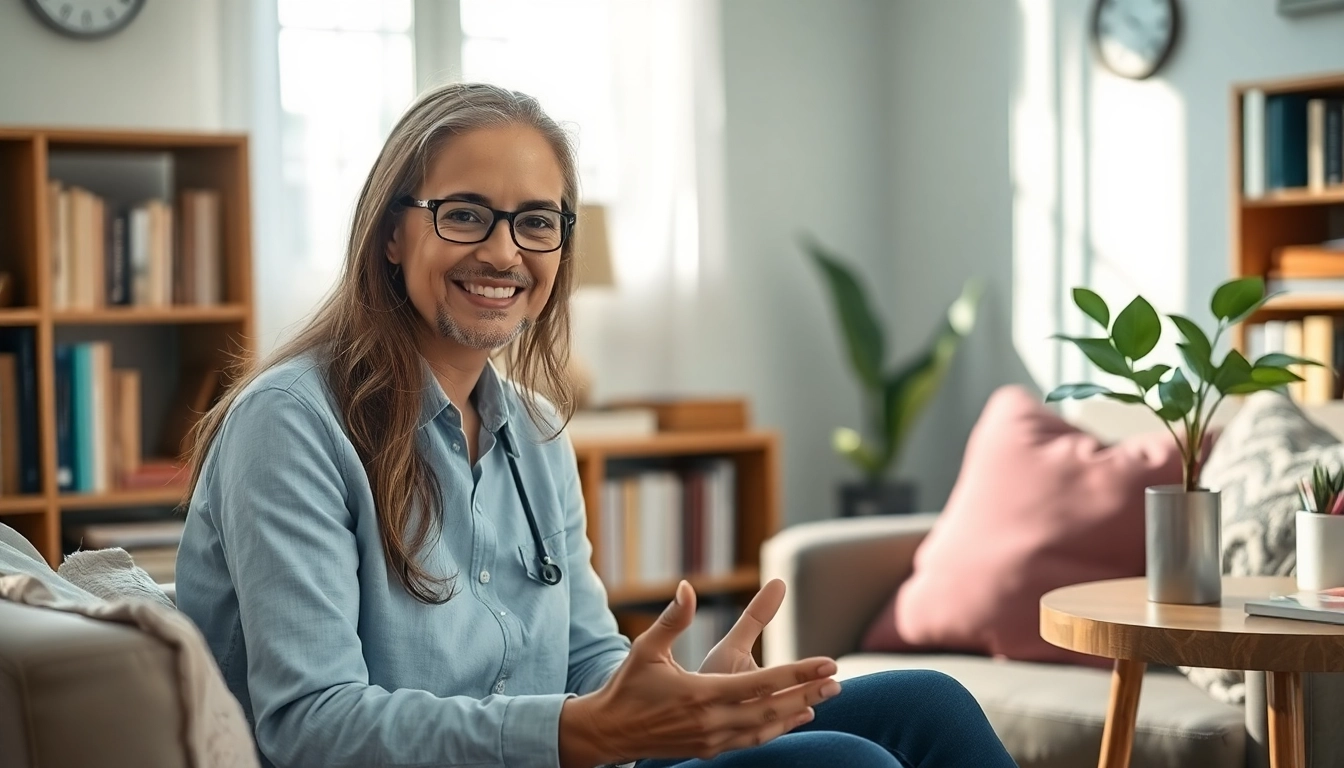The Fundamentals of Attachment Theory
What is Attachment Theory?
Attachment theory, developed by John Bowlby and later expanded upon by Mary Ainsworth, looks at the bonds formed between children and their primary caregivers. This psychological framework explains how the emotional ties established in early childhood can impact an individual’s relationships throughout their life. At its core, attachment theory posits that the quality of attachments influences a person’s emotional regulation, relationship dynamics, and overall mental health.
Key Concepts and Terminology
Within attachment theory, there are several fundamental concepts that are essential for understanding its implications:
- Attachment Styles: These include secure, anxious, avoidant, and disorganized attachment styles, which describe how individuals form emotional bonds.
- Secure Base: This concept refers to the caregiver’s role as a base of comfort from which the child can explore the world, secure in the knowledge that they can return to safety.
- Internal Working Models: These are mental representations formed from early attachment experiences, shaping how individuals view themselves and others in relationships.
Importance of Secure Attachments
Secure attachments are critical for healthy emotional development. Children who experience consistent caregiving are more likely to develop into confident adults, capable of building healthy relationships. In contrast, those with insecure attachment styles may struggle with trust, intimacy, and emotional regulation, often carrying these issues into adulthood.
Identification of Attachment Styles
Types of Attachment Styles
The four primary attachment styles are crucial for understanding how individuals relate to others:
- Secure Attachment: Individuals with secure attachment feel comfortable with intimacy and independence, maintaining healthy relationships.
- Anxious Attachment: Those with an anxious attachment style often crave closeness but fear abandonment, leading to clingy or overly dependent behavior.
- Avoidant Attachment: Individuals with avoidant attachment value independence to an extent that they may avoid emotional closeness or intimacy.
- Disorganized Attachment: This style, often stemming from trauma, combines elements of both anxious and avoidant attachments, resulting in erratic behavior in relationships.
Signs of Insecure Attachment
Recognizing signs of insecure attachment can be pivotal for initiating positive change. Symptoms may include:
- A fear of rejection or abandonment, leading to anxiety in relationships.
- A reluctance to trust others, resulting in emotional distancing.
- Difficulty communicating needs or emotions, often leading to misunderstandings and conflicts.
Impact of Attachment Styles on Relationships
Attachment styles can heavily influence relationship dynamics. For example, securely attached individuals tend to communicate openly with their partners, while those with anxious or avoidant styles may create barriers that lead to misunderstandings or conflicts. Understanding these patterns can illuminate the root causes of relationship difficulties and inform more productive conversations.
The Role of an Attachment Theory Specialist
What to Expect in Therapy Sessions
Individuals seeking to understand their attachment styles often work with an attachment theory specialist. In therapy sessions, clients can expect:
- A safe and supportive environment where they can explore their feelings and behaviors.
- Detailed assessment and discussion of their attachment history and relationships.
- Guidance in setting goals and developing healthier relational patterns.
Techniques Used by Attachment Theory Specialists
Therapists qualified in attachment theory often employ various techniques, including:
- Emotionally Focused Therapy: This approach helps couples identify and change negative interaction patterns rooted in attachment issues.
- Attachment-Focused Therapy: Specific interventions are designed to address attachment-related trauma or fears directly, fostering healthier attachment behaviors.
- Mindfulness Practices: Practicing mindfulness can aid in emotional regulation and promote a greater understanding of one’s attachment style.
Benefits of Working with an Attachment Theory Specialist
Engaging with an attachment theory specialist can yield numerous benefits, including:
- Improved understanding of oneself and one’s relationship dynamics.
- The development of healthier attachments with others.
- Enhanced emotional regulation and coping strategies.
Common Challenges Addressed in Therapy
Overcoming Emotional Loneliness
Emotional loneliness, often rooted in insecure attachment, can feel isolating. Therapy can help individuals identify their underlying fears and learn strategies to build connections and seek intimacy appropriately. Achieving a sense of safety in relationships can significantly reduce feelings of loneliness.
Building Healthy Relationships
Many people struggle to form and maintain healthy relationships due to past attachment experiences. Specialists can guide clients in recognizing maladaptive patterns and developing new skills for nurturing and maintaining relationships based on trust, respect, and honesty.
Addressing Trauma Related to Attachment Issues
Trauma that affects attachment often requires specialized attention. Individuals may need to address past wounds that influence their present behavior. Therapists will work with clients to process these experiences, helping them reconcile painful feelings and develop healthier coping mechanisms.
Finding the Right Attachment Theory Specialist
Qualities to Look For
When searching for the right attachment theory specialist, consider the following qualities:
- Qualifications: Ensure the therapist has formal training in attachment theory and experience in clinical practice.
- Communication Skills: Look for someone who can explain concepts clearly and empathetically.
- Reputation: Reviews and testimonials can provide insight into a therapist’s effectiveness and approach.
How to Research Specialists
Finding an appropriate specialist involves thoughtful research:
- Use professional directories to locate local therapists specializing in attachment theory.
- Read about their approaches and success stories.
- Consider scheduling initial consultations to gauge compatibility.
FAQs About Attachment Theory Specialists
1. What training do attachment theory specialists have? Most have advanced degrees in psychology or counseling with specialized training in attachment theory.
2. How long will therapy take? The duration varies; some may see improvement in a few sessions, while others may require longer-term support.
3. Can attachment theory specialists help with couples therapy? Yes, many attachment specialists offer couples therapy focusing on improving relational dynamics using attachment principles.
4. Is it necessary to have a specific attachment issue to seek help? No, individuals without a diagnosed issue can still benefit from gaining insights into their attachment styles.
In summary, the path to emotional healing and healthy relationships often begins with understanding attachment styles and their influence. Consulting with an attachment theory specialist can unlock new pathways to personal growth and relationship satisfaction.
